As scientists continue to work towards a vaccine for COVID-19, healthcare professionals and political figures are scrambling to find ways to return to life as usual. These efforts are inspired by growing rates of unemployment, changes in the economy, and an increase in mental health stressors.
The problem with returning to business, as usual, is that many are still at risk for contracting COVID-19. In the last few weeks, chatter surrounding antibody testing has increased. Many are hopeful that the test can determine if herd immunity is possible. If it isn’t, it could at least allow a portion of the population to potentially end their social distancing.
While entertaining the possibility is certainly exciting, is it realistic? In this post, we cover what immunity against COVID-19 entails, how to test for it, and if immunity means anything if contracting the virus a second time is possible.
The Low Down on Antibody Tests
In the past weeks, many areas of the U.S. have rolled out antibody tests. Some of these tests are being reserved for specific populations, others are being offered to the general public. Many antibody testing sites are being set up as drive-ups in respect of social distancing guidelines.
Antibody tests do not determine if an individual has the virus but rather if their body is accustomed to fighting it. The actual test is composed of two parts: the collection and analysis of blood. Usually, antibody testing is done with a finger prick. After the blood is obtained, a medical professional analyzes it to determine if it contains SARS-CoV-2 antibodies. If it does, the test will read positive. Testing positive means the individual’s immune systems has been at battle with the virus at some time.
While antibody tests being completed through the Centers for Disease Control are reliable, at this time, they are only being used in research. The antibody testing being done elsewhere is subject to false positives. For this reason, healthcare professionals are suggesting that even those who do test positive for antibodies continue to practice social distancing and take other preventative measures like wearing a mask and practicing good hygiene. It’s also important to note that testing negative done not guaranteed an individual doesn’t have the virus. Because it can take up to three weeks for antibodies to develop, an individual with early signs of the virus can still test negative.
Assurance of Immunity?
“Can I get it again”” This is the question on the tongue of anyone and everyone who had COVID-19 or is testing positive from a serology test. In short, the answer right now is no. There is not enough research to suggest someone who has had the virus in the past will not get it again.
To determine this, more research must be done on antibodies associated with the virus, specifically how long they will last. For some viruses, like the flu, immunity only lasts a year, which is why health professionals recommend individuals get a flu shot each year. For other infections, like chickenpox, immunity can last years.
Another aspect that may affect an individual’s ability to contract COVID-19 a second time would be how serious a case they came down with. A more severe case of COVID-19 may mean a higher amount of antibodies.
All suppositions aside, its best to air on the side of caution and continue social distancing in all cases, if not to keep oneself safe, then to keep those around them, who may or may not have antibodies, safe.
Interested in learning about antibody tests?
A clinical experience in infectious disease could be an opportunity to gain new knowledge!
Explore infectious disease clinical experiences >


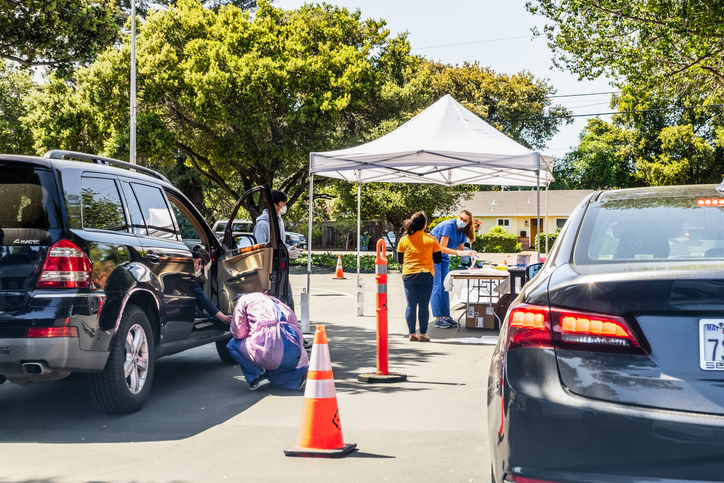
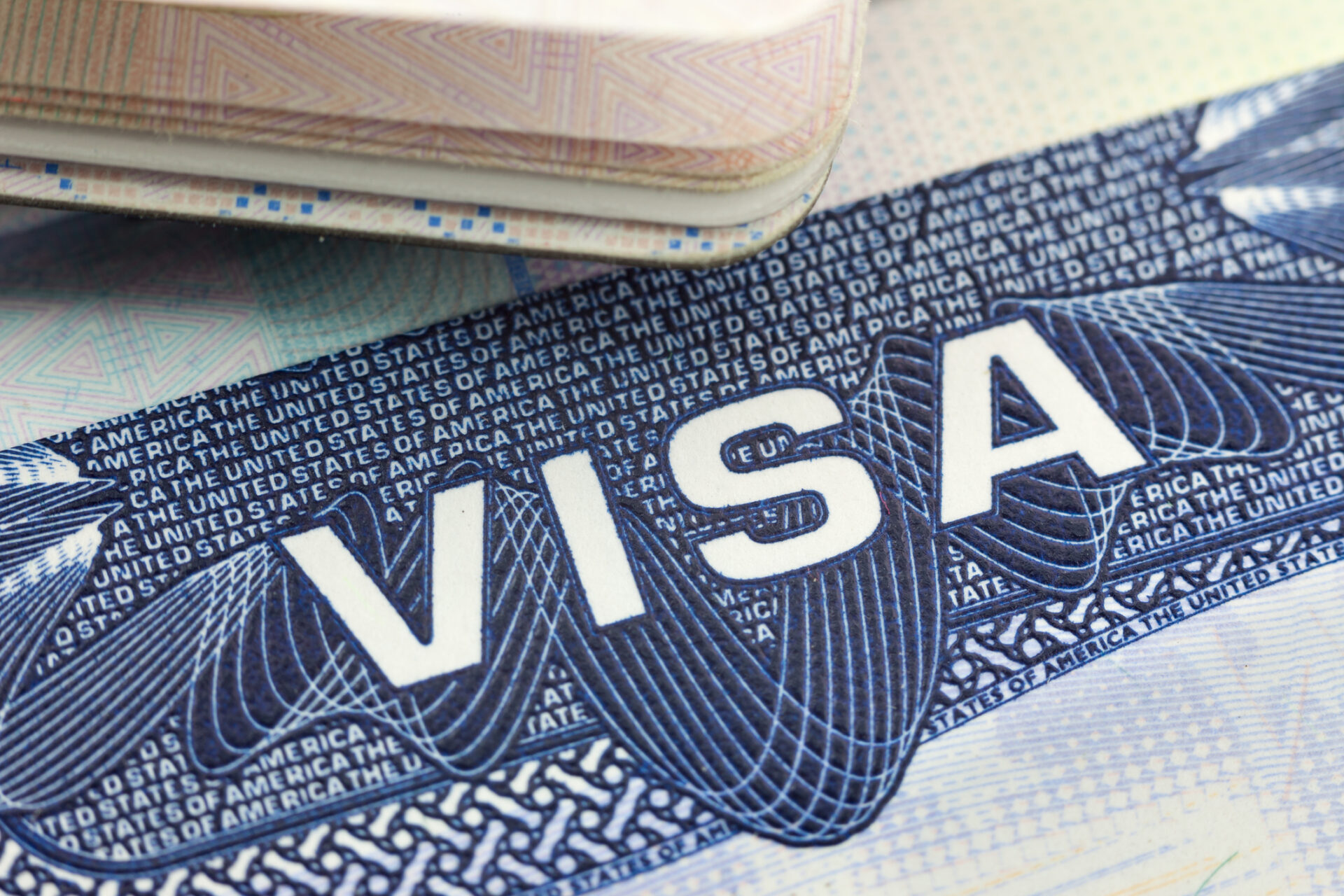
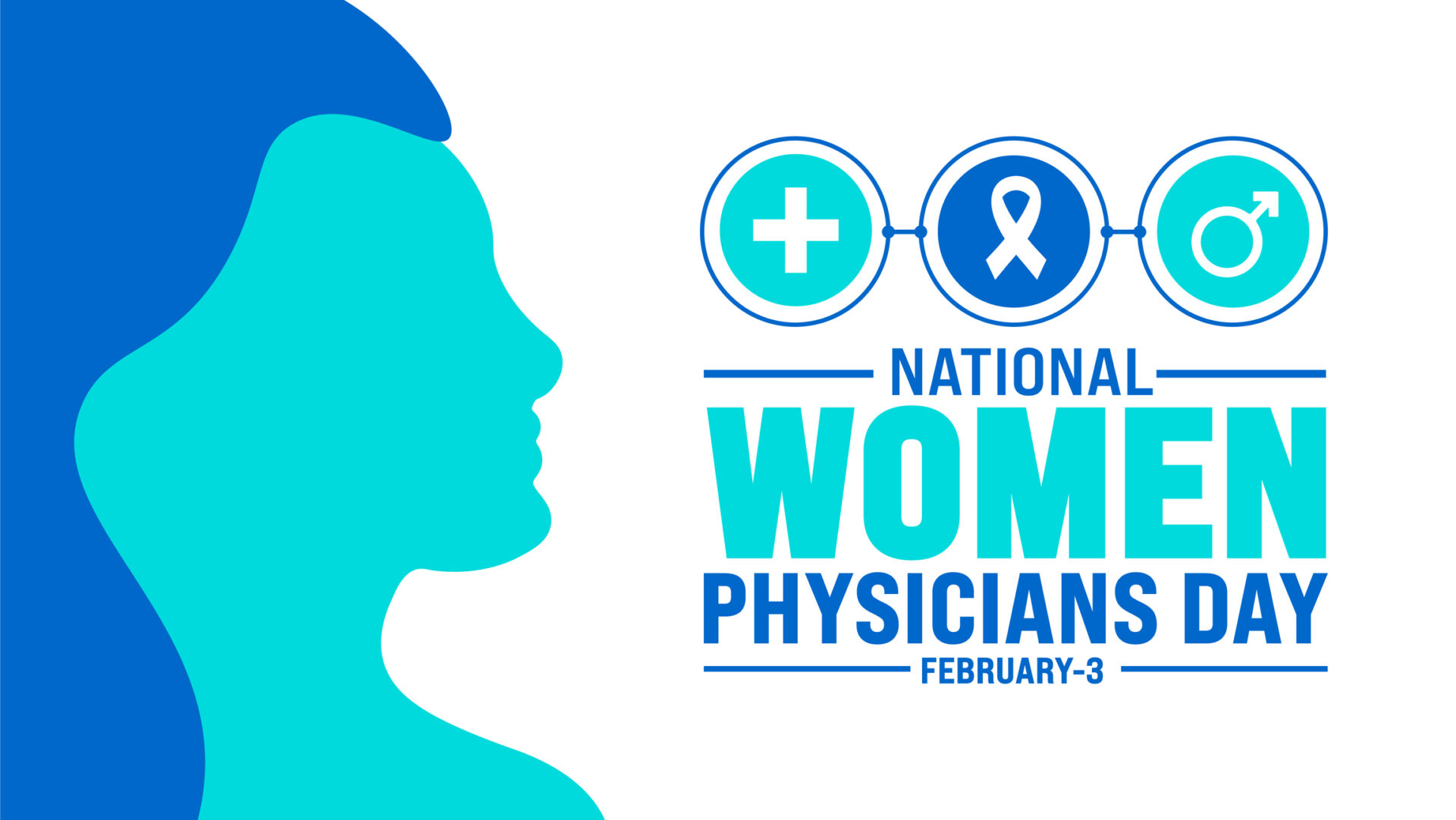
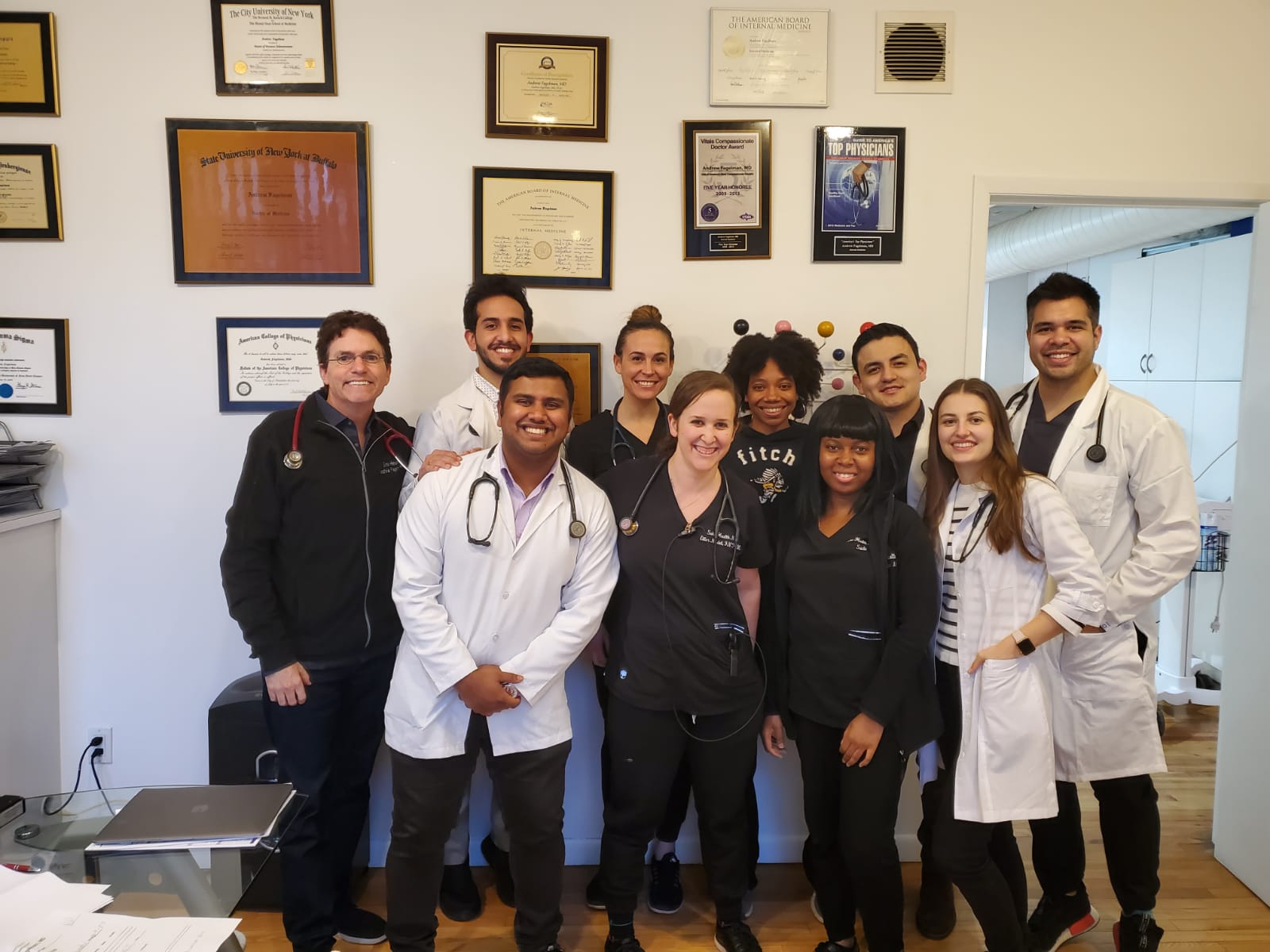
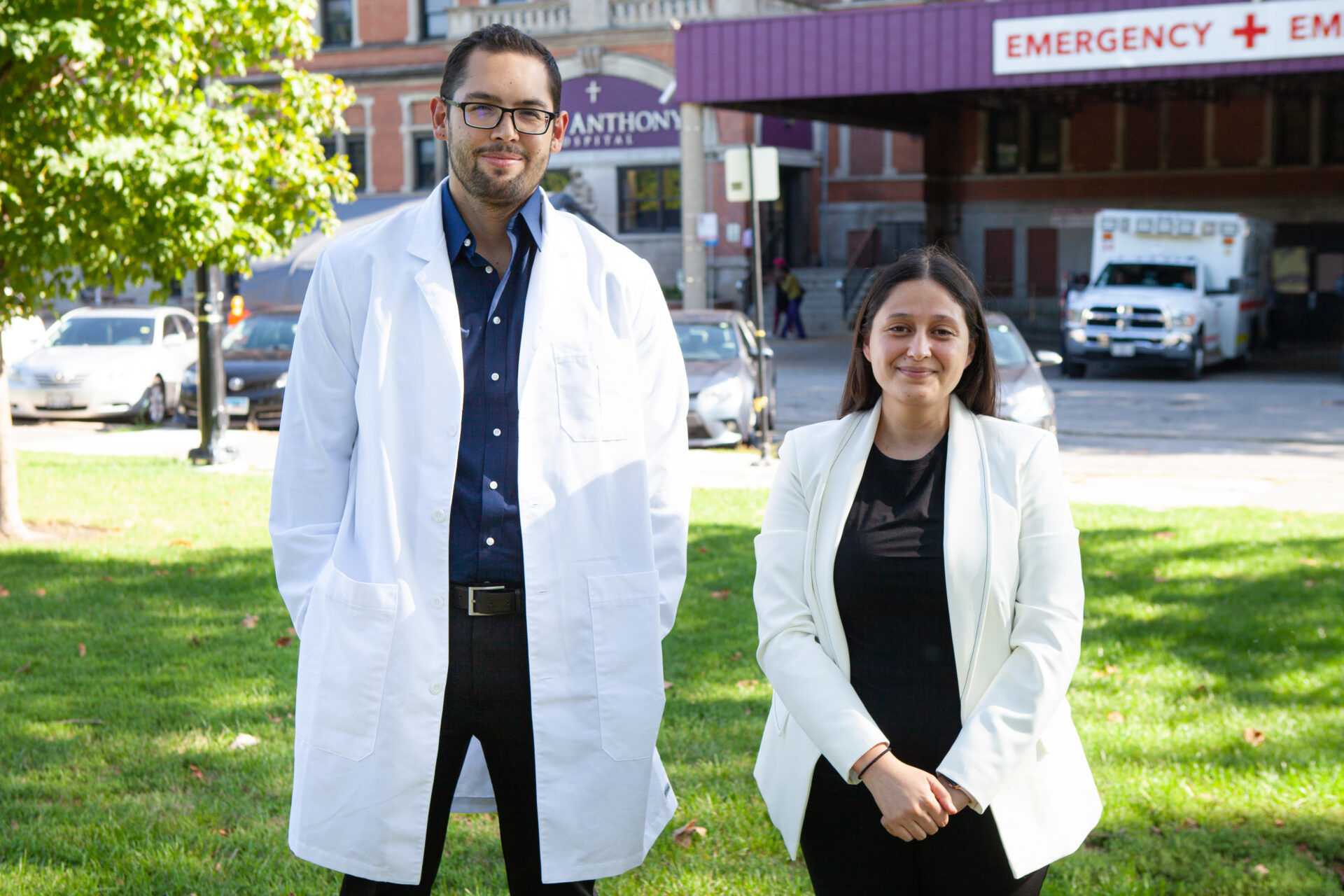
Leave A Comment